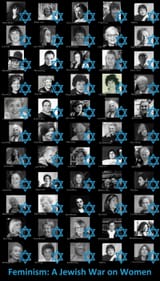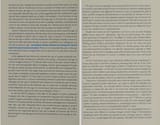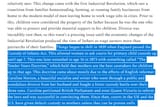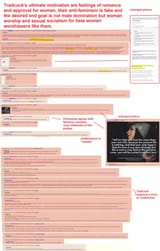OP got me interested. i had a hunch that wealthy gilded age tycoons were involved in funding the suffrage and/or temperance movement, which were really the beginning of women's lib and the first public political campaigns where women held center stage
i had the idea that carnegie, rockefeller, et al were probably involved somehow. i was right!
>Wealthy Philanthropists and Industrialists: As the movement gained momentum and became more politically organized, it attracted significant financial backing from prominent philanthropists and industrialists. These individuals often saw temperance as a way to improve society, boost worker productivity, and reduce social ills like poverty and crime.
John D. Rockefeller (Jr.): A major donor to the Anti-Saloon League (ASL), contributing what would be the equivalent of millions of dollars today.
Henry Ford: The automobile magnate was a strong supporter of temperance and contributed to the ASL, believing that alcohol negatively impacted his workforce's efficiency and safety.
Andrew Carnegie: The steel magnate also provided financial support to the ASL.
and for the suffragettes:
While John D. Rockefeller himself wasn't a prominent figure in the women's suffrage movement, his family members, particularly his daughter Abigail Aldrich "Abby" Rockefeller, and other wealthy socialites, played a significant role in supporting and popularizing the cause.
and, bonus, Google wanted to let me know about the heirs to temperance and suffrage, the next Boss Bitch cause celebre of the 20th century, population control! margaret sanger & planned parenthood were rockefeller vehicles (bill gates' dad helped run Planned Parenthood for the Rockefellers)
Mar 22, 2024 — John D. Rockefeller 3rd had long been a leader in the movement to reduce population. He was the founder and chairman of the Population Council
https://resource.rockarch.org/story/women-activism-reproductive-health-philanthropy-1974-world-population-conference-bucharest/









